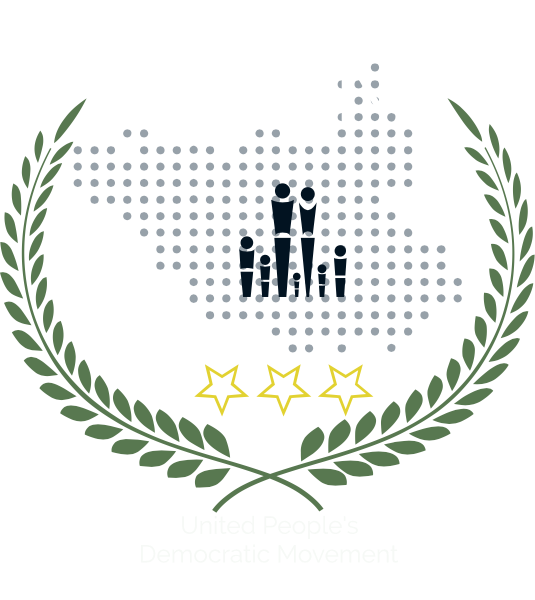ADDIS ABABA / GENEVA (17 February 2017) – The international community should establish an independent mechanism immediately to assist in investigating violations in South Sudan in advance of the establishment of the hybrid court, said the three-member* UN Commission on Human Rights in South Sudan at the end of a transitional justice workshop held in Ethiopia. As part of the 2015 Peace Agreement, the African Union is mandated to establish a hybrid court for South Sudan, with the Peace Agreement also providing for a truth commission and reparations authority.
“Too many of those who say ‘justice should only come later’ really mean ‘justice should never come at all’,” said the chairperson of the Commission, Yasmin Sooka, adding that it was imperative to start collecting evidence of violations immediately, even before the hybrid court is established. “Critical evidence is being lost every day as witnesses are killed or disappear, as memories fade, and physical evidence degrades,” added Commissioner Ken Scott, “which means investigations need to start now so the hybrid court has cases to hear.”
“Too many of those who say ‘justice should only come later’ really mean ‘justice should never come at all’,”
The Commission is due to present its report monitoring the human rights situation and making recommendations on accountability to the Human Rights Council in Geneva on 14 March 2017. “We will be calling for an international, independent investigative mechanism for South Sudan to be set up,” said Ms. Sooka. “It should be well-resourced to collect evidence on the ground, focusing primarily on the most recent serious crimes.”
In December 2016 after a visit to South Sudan, the Commission said sexual violence had reached epic proportions and required urgent attention. The Commission recommended that the Human Rights Council should immediately establish a specialized mechanism to map and document conflict related sexual violence in South Sudan with a specific emphasis on command and superior responsibility.
As part of its mandate to engage with stakeholders and provide guidance on transitional justice, the Commission organised a three-day workshop in Addis Ababa bringing together civil society activists and opposition figures from South Sudan, diplomats, donors, UN and international experts to discuss transitional justice mechanisms. The Government of South Sudan did not participate even though they were invited and initially accepted the invitation.
The workshop emphasized the need for an inclusive and credible accountability process in South Sudan, involving civil society and victims groups, and with local ownership.
“But what came across from discussions is the difficulty of planning transitional justice structures when the ground situation is shifting so rapidly and areas that a year ago were peaceful are now engulfed in violence,” said Commissioner Godfrey Musila.
Source: OHCHR
